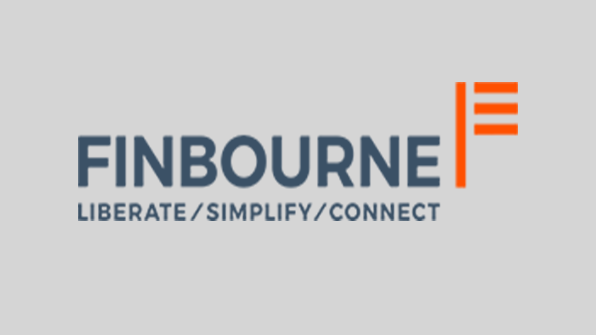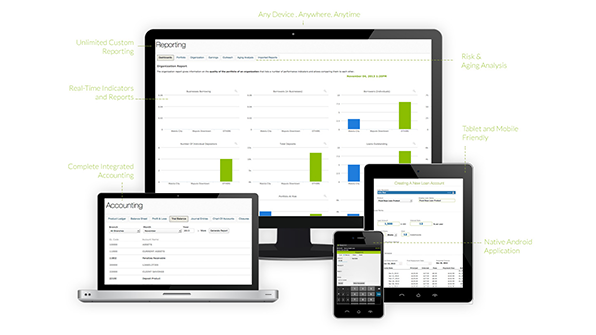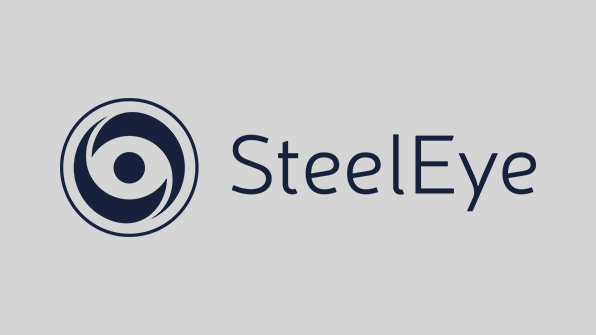Why was the company set up? How did you select the vertical and decide to be a part of the global FinTech community?
We set up Trade Informatics in 2009, prior to the global FinTech surge, to extend on our experiences in institutional equity trading. At this time the industry was largely high-touch plus a nascent low-touch with basic benchmarking algorithms. The major sell-side objectives, to get the best price and the best experience for customers, were supported using anecdotal and subjective assessments.
Our team was on the leading edge of using traditional quantitative trading analysis techniques to improve client outcomes at multiple global banks.
Following the banking crisis, we took the opportunity to gather talent and set up a small un-conflicted FinTech shop.
With the sole focus of helping asset managers take control of best execution and increase portfolio returns, by bringing optimal efficiency to trade implementation. In nine years, Trade Informatics has grown from a small group of five technologists to thirty plus staff, comprised of technologists, practitioners, and consultants, delivering on our mission to achieve frictionless trade implementation for all market participants globally through our proprietary Total Implementation Framework.
What challenges did you face in your initial years? What can your peers learn from it?
In 2009, the FinTech vendor community was still in its infancy in trading and the work we were doing was too early for broad adoption. Our strategy was well formulated and forecasted but asset managers were mostly relying on the sell side for best execution. Providing vended services for optimised trading technology directly to the buy side was disruptive, and to a certain extent, it still is today. Buy-side and sell-side trading desks can be slow to adapt to new ideas, and we struggled in the early days to find the right message, conveying relevance and accretive growth.
Another difficulty we have observed when practitioners and technologists get together to do something new and exciting is that there is often very little thought given – or skill sets available – for effective branding and marketing.
When you are building something exciting and effective, it is easy to overlook the fact that you need to actively market yourself, rather than rely on your solution selling itself.
We now recognise how important it is, as a FinTech, to get a branding and marketing campaign going sooner that delivers greater market awareness and improves business success.
What really makes your company stand out in the FinTech space?
The uniqueness of our company is that we are truly focused on harvesting returns for asset managers and hedge funds through optimising the trade implementation process. As a trading data analysis firm, we can show investors how their trades are being executed, help them understand where to identify cost attribution and most importantly devise a trade implementation strategy to maximise portfolio returns by minimizing cost across all investment agents who touch an order. While we have always focused on micro market structure and venue-level trade analysis, ultimately we want to help investors understand the entire order lifecycle, from idea generation at the Portfolio Manager level to venue-specific characteristics.
We have a dedicated in-house research team comprising academics in various data science fields, who focus on nothing but researching quantitative techniques for optimising trading approaches. Over the past 12 months, we have turned the group’s attention to using artificial intelligence to enhance our alpha preservation offering.
With so much competition in the FinTech space, and so many companies failing to get traction, what has allowed your business to thrive?
In order to thrive in our space, what we have found to be most helpful in promoting our mission is partnership and cooperation with the industry at large. Some companies have aligned themselves with a single player or constituent of the community, whereas we believe it is important to be transparent with the entire industry and to work closely with participants, whether they are clients, potential clients, other FinTech firms including competitors and complimentary firms, and in our space, the global sell-side banks.





